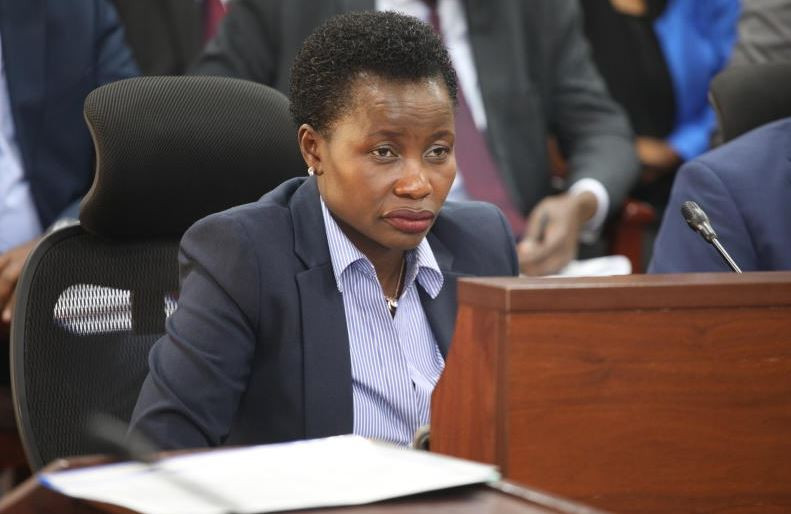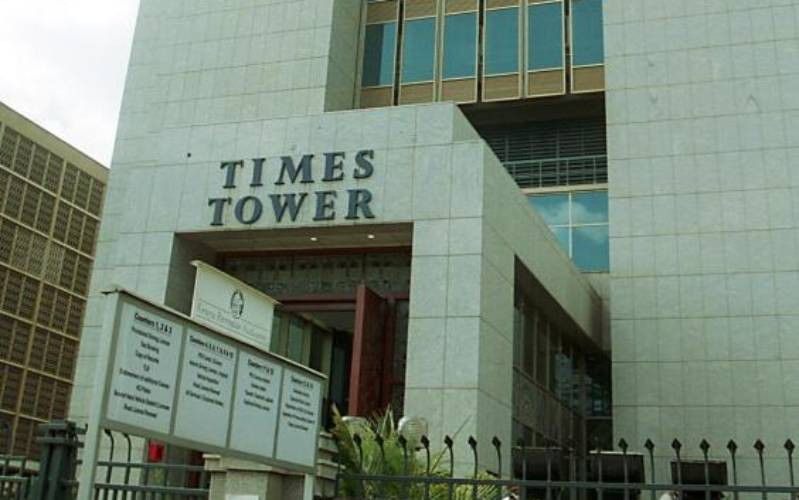
Kenya’s taxation regime has come under scrutiny once again as a section of the United Kingdom (UK) based fintech firms pitched tents seeking a share of the country’s vibrant financial services.
The 13 firms, some of which have already set up shop locally, are providing solutions such as digital payment systems and cross-border payments with the aim of expanding to other markets using Kenya as their springboard.
At a panel discussion attended by the Principal Secretary, State Department for Micro, Small and Medium Enterprise (MSME) Development, Susan Mang’eni, the country’s cost of doing business featured prominently.
Wayne Hennesy-Barret, founder and chief Executive of 4G Capital, which is a licensed lender in Kenya, said increased pressure on the sector by the government to collect taxes was hurting investments.
He likened the tax regime to slaughtering the goose that would have laid the golden egg. “You have a tax authority that seeks to tax losses of lenders. In what world do you tax losses or revenues instead of profit?” he posed.
He noted that his firm was among the first to be licensed as a digital lender, indicating that back then, the sector was unregulated. These regulations, however, have come with some friction between service providers and the regulators.
“The reality is this, the friction that must be navigated to operate here,” he said.
PS Mang’eni acknowledged the taxation challenge, attributing it to the bulging youth population and the existing funding gap of Sh2.6 trillion ($20 billion) for small businesses.
“Every year, our job market attracts up to two million youth. We can only accommodate 200,000 (formal employment). The only way to create jobs is by attracting investors,” she said.
She noted that with 98 per cent of businesses in the country falling under micro, small and medium enterprises (MSMEs), where a majority of them are micro, a vast number of businesses and Kenyans engage in activities that are not substantial enough to contribute to the tax bracket.
“It is only at the medium level that we have enterprises that can pay taxes. We are in a situation where we feel overtaxed,” said the PS.
Co-Founder of Africa Insights Consulting Emmanuel Maingi noted that one of the reasons Kenya’s financial market is attractive is because 70 per cent of the adult population has access to a mobile money payment platform.
Kenya also has up to 200 operational fintech firms. “That gives you an idea of how big fintech is,” he said.
He said setting base in Kenya also offers investors access to the Common Market for Eastern and Southern Africa (Comesa).
“We have four hubs in Africa: North Africa where we have Egypt, West Africa (Nigeria) East Africa (Kenya) and South Africa (South Africa). For you to access the wider East Africa and the Comesa region, this is the place to be,” said Maingi.
Stay informed. Subscribe to our newsletter
Senior Trade Manager (Trade & Cyber) from London & Partners, Anton Sasson, a business growth agency, noted that while some businesses already have operations locally, there are those who are set to make announcements on the same.
He said the entities are looking for partnership and mutual exchange. “We are in the home of mobile banking, but London is the home of open banking,” he added.
Senior Manager, Tax and Regulatory Services Department at KPMG Solomon Kihang’a noted the changes in the tax regime, even as these entities seek to set up.
From July 2025, unlike before when excise duty was only levied on registered digital lenders, all these businesses are now required to pay their fair share.
“Due to the increasing pressure to collect revenue, the Finance Act, 2025, made a slight adjustment to that part that you do not need to be registered to levy excise duty,” he said.





